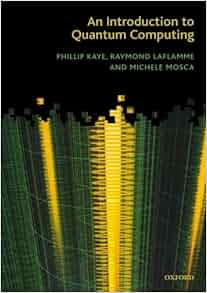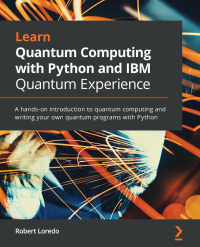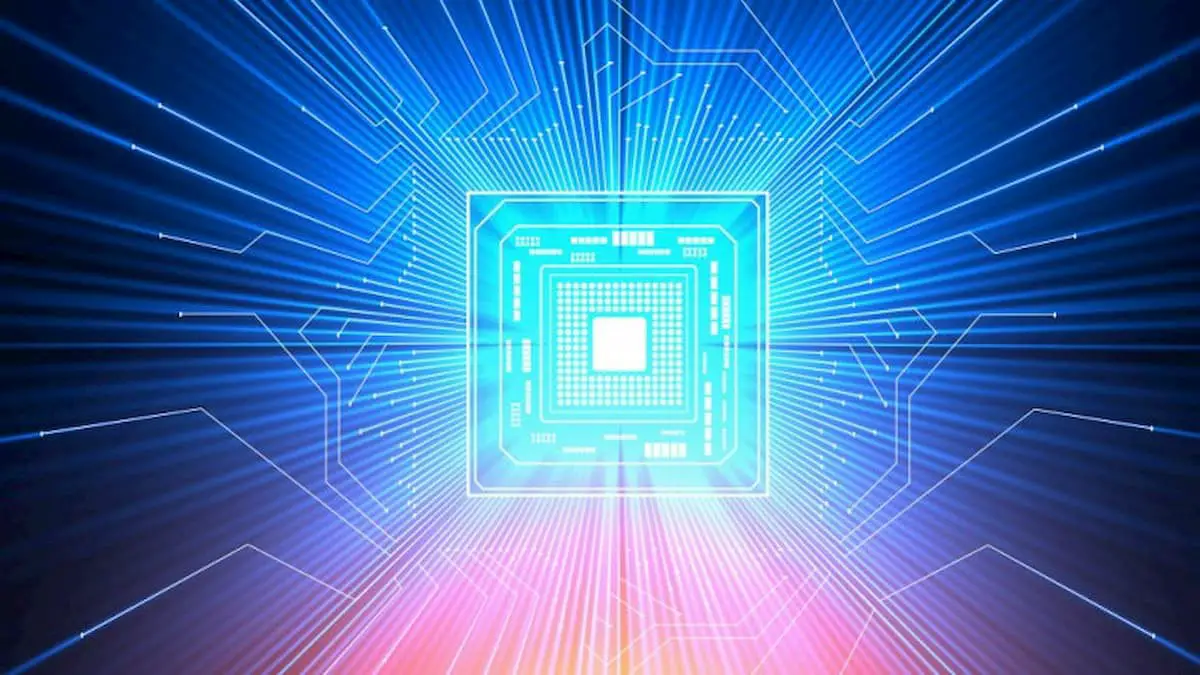An Introduction To Quantum Computing For Programmers

Executive Summary

Quantum computing is a new field of computer science that uses the principles of quantum mechanics to solve problems that are too complex for classical computers. Quantum computers are still in their early stages of development, but they have the potential to revolutionize many fields, including:

- Drug Discovery
- Materials Science
- Financial Modeling
- Artificial Intelligence
If you are a programmer, it is important to understand the basics of quantum computing so that you can be prepared for the future. This guide will provide you with a basic overview of quantum computing, including the key concepts, applications, and challenges.
Introduction
Quantum computing is based on the principles of quantum mechanics, which is the study of the behavior of matter and energy at the atomic and subatomic level. Quantum mechanics is very different from classical mechanics, which is the study of the behavior of objects at the macroscopic level.
One of the key features of quantum mechanics is that it allows particles to be in multiple states at the same time. This is known as superposition. Another key feature of quantum mechanics is that particles can interact with each other even when they are separated by a large distance. This is known as entanglement.
These two features of quantum mechanics give quantum computers the potential to solve problems that are too complex for classical computers. For example, a quantum computer could be used to:
- Factor large numbers
- Simulate complex chemical reactions
- Search through large databases
Top 5 Subtopics
1. Qubits
Qubits are the basic unit of information in a quantum computer. They are similar to bits in a classical computer, but they can be in multiple states at the same time. This allows quantum computers to store and process much more information than classical computers.
Important Pieces
- Superposition : Qubits can be in multiple states at the same time.
- Entanglement : Qubits can interact with each other even when they are separated by a large distance.
- Measurement : When a qubit is measured, it collapses into a single state.
- Quantum Gates : Quantum gates are operations that can be performed on qubits to manipulate them
2. Quantum Algorithms
Quantum algorithms are algorithms that are designed to run on quantum computers. Quantum algorithms can solve some problems much faster than classical algorithms.
Important Pieces
- Shor’s Algorithm : Shor’s algorithm can factor large numbers exponentially faster than any known classical algorithm.
- Grover’s Algorithm: Grover’s algorithm can search through a database of N items in O(sqrt(N)) time, which is much faster than any known classical algorithm.
- Phase Estimation Algorithm: Phase estimation algorithm is used to find the eigenvalues of a unitary matrix, which is useful in many quantum computing applications.
3. Quantum Hardware
Quantum hardware is the physical hardware that is used to build quantum computers. Quantum hardware is still in its early stages of development, but there are a number of different approaches being pursued.
Important Pieces
- Superconducting Qubits : Superconducting qubits are made from superconducting materials and are one of the most common types of qubits used in quantum computers.
- Trapped Ions : Trapped ions are ions that are trapped in a vacuum chamber and used as qubits.
- Quantum Dots: Quantum dots are small semiconductor particles that can be used as qubits.
4. Quantum Software
Quantum software is the software that is used to program quantum computers. Quantum software is still in its early stages of development, but there are a number of different languages and tools being developed.
Important Pieces
- Qiskit : Qiskit is an open-source framework for developing quantum algorithms and programs.
- Cirq : Cirq is a Python library for writing and running quantum circuits.
- TensorFlow Quantum : TensorFlow Quantum is a library that provides quantum machine learning tools for TensorFlow.
5. Quantum Applications
Quantum computing has the potential to revolutionize many different fields, such as:
Important Pieces
- Drug Discovery : Quantum computers could be used to simulate complex chemical reactions, which could help to accelerate the drug discovery process.
- Materials Science: Quantum computers could be used to simulate the behavior of materials at the atomic level, which could lead to the development of new materials with improved properties.
- Financial Modeling : Quantum computers could be used to simulate complex financial models, which could help to make more accurate predictions about the financial markets.
- Artificial Intelligence : Quantum computers could be used to develop new artificial intelligence algorithms that are more powerful than classical algorithms.
Conclusion
Quantum computing is a new and exciting field with the potential to revolutionize many different fields. If you are a programmer, it is important to understand the basics of quantum computing so that you can be prepared for the future.
Relevant Tags
quantum computing, qubits, quantum algorithms, quantum hardware, quantum software
